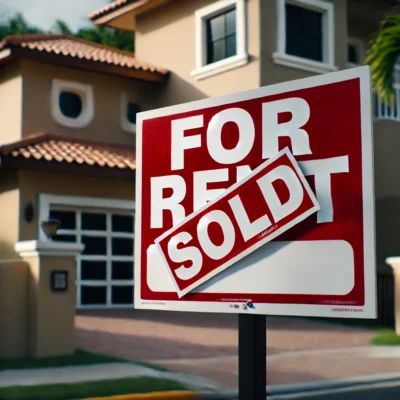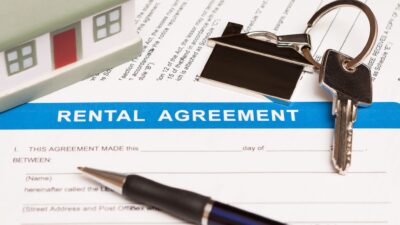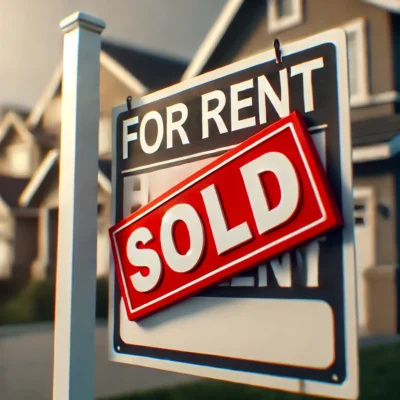
What Happens When the Property You’re Renting Is Sold?
Navigating the complexities of real estate can be daunting, especially when the property you call home is suddenly sold. Whether you’re a tenant or a landlord, understanding your rights and responsibilities is crucial when a rental property changes hands. Here’s a breakdown of what happens when the property you’re renting is sold, and what you need to know to protect your interests.
The Sale of a Rental Property: What It Means for Tenants

When a rented property is sold, tenants often worry about the stability of their housing situation. However, in most cases, your lease remains valid and continues under the new ownership. The new landlord inherits all the rights and responsibilities that the previous owner had, including adhering to the terms of your existing lease agreement.
Your Lease Agreement Is Your Shield
If you have a lease, whether it’s for a fixed term or month-to-month, the new owner is legally bound by its terms. This means that the new owner cannot simply evict you or change the rental conditions without following the proper legal procedures. For instance, if you have a one-year lease and the property is sold after six months, the new owner must honor the remaining six months of your lease.
Notice Requirements
In Puerto Rico, if the new owner intends to terminate a month-to-month lease, they must provide proper notice, typically at least 30 days. For fixed-term leases, the notice must comply with the terms specified in the lease agreement. It’s important to read your lease carefully to understand the notice requirements and any provisions that might apply in the event of a sale.
What About Security Deposits?

One of the key concerns for tenants when a property is sold is the status of their security deposit. In Puerto Rico, the law mandates that the previous landlord transfer the security deposit to the new owner at the time of sale. The new owner then becomes responsible for returning the deposit at the end of your tenancy, assuming no damages or unpaid rent.
Can the New Owner Raise the Rent?
The new owner generally cannot increase the rent during the term of an existing lease. Rent increases can only occur when the lease is up for renewal or in accordance with the terms laid out in the lease agreement. If you’re on a month-to-month lease, the new owner can increase the rent, but they must provide proper notice, typically 30 days.
What Should Tenants Do When a Property Is Sold?

If you find out that the property you’re renting is being sold, it’s a good idea to take the following steps:
- Review Your Lease Agreement: Understand your rights and obligations under the lease.
- Communicate with the New Owner: Establish contact with the new landlord to clarify any questions or concerns.
- Document Everything: Keep a record of communications and any changes made to the lease or property conditions.
Conclusion
The sale of the property you’re renting can bring uncertainty, but with the right information, you can navigate the transition smoothly. Understanding your rights as a tenant under Puerto Rican law will help you protect your housing stability and ensure that your lease terms are respected by the new owner.
If you have questions or need assistance with a rental property situation, consider seeking legal advice to ensure your rights are fully protected.


